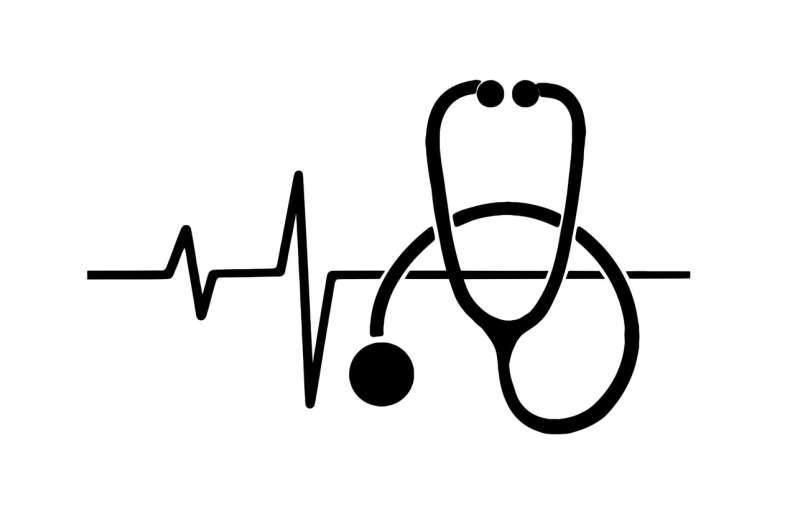WHO Warns That Progress Against Non-Communicable Diseases is Slowing Down

The WHO warns that progress in combating non-communicable diseases is slowing, risking more lives worldwide. Urgent investments in cost-effective measures can save millions and generate significant economic benefits.
The World Health Organization (WHO) has issued a warning that global progress in combating non-communicable diseases (NCDs), including heart disease, cancer, chronic respiratory conditions, and diabetes, has significantly slowed in recent years. These diseases remain the leading cause of death worldwide, claiming around 43 million lives annually, with 18 million of those under age 70. Despite some advances over the past decade, the rate of reduction in NCD burden has decelerated across most regions, partly due to declining development assistance, rising national debts, economic challenges, and geopolitical uncertainties.
A new WHO report titled "Saving Lives, Spending Less" emphasizes that investing more in preventive measures could save millions of lives and generate economic benefits exceeding $1 trillion. NCDs are largely preventable, often caused by unhealthy lifestyles and adverse living conditions. Over one billion individuals live with mental health conditions, further compounding health challenges.
The report highlights some positives, noting that many countries have made progress between 2010 and 2019 in reducing NCDs, but overall, the pace of progress has significantly slowed. Most deaths related to NCDs now occur in low- and middle-income countries, which face additional hurdles in sustaining health investments.
WHO Director-General Tedros Adhanom Ghebreyesus stressed that non-communicable diseases and mental health issues are silent killers that deprive societies of lives and innovation. Fortunately, cost-effective solutions exist, such as taxing tobacco and alcohol, protecting children from harmful marketing, and managing hypertension. Implementation of these measures could cost only about $3 per person annually but could save 12 million lives by 2030, prevent 28 million heart attacks and strokes, and add 150 million healthy life years.
WHO advocates for urgent investment in these interventions, emphasizing that the tools are available to reduce suffering and save lives. The report underscores that tackling NCDs is essential for societal well-being and economic stability.
Stay Updated with Mia's Feed
Get the latest health & wellness insights delivered straight to your inbox.
Related Articles
Scientists Reveal Ancient Secrets of Brain Stem Cells, Paving the Way for Better Brain Cancer and Neurodegenerative Treatments
New research uncovers how brain stem cells switch between resting and active states, paving the way for innovative treatments for brain cancer and neurodegenerative diseases.
Innovative Research Harnesses Gut Bacteria's Defense Mechanism to Target Cancer Cells
Scientists have discovered how gut bacteria's natural weapons can be reprogrammed to target and destroy cancer cells, opening new horizons for cancer therapy.
What Makes 'Superager' Brains More Resistant to Aging?
Discover the unique brain features of superagers—elderly individuals who maintain youthful cognition—and what this means for future brain health interventions.
Promising Oral Medication Improves Heart and Muscle Symptoms in Barth Syndrome
A new oral drug, MA-5, shows promising results in improving heart and muscle symptoms in Barth syndrome by targeting mitochondrial dysfunction. This breakthrough could lead to disease-modifying treatment options.



